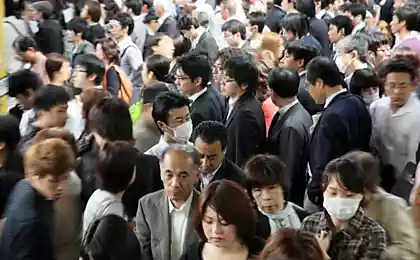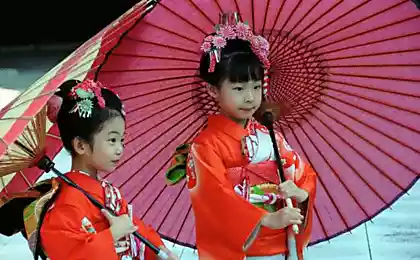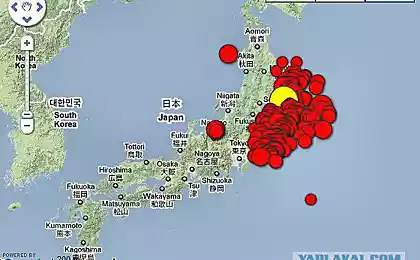264
Amazing facts about Japan and myths about its inhabitants, which it is time to stop believing
The land of the Rising Sun surprises not only with fabulous landscapes, but also hardworking Japanese. Japan is a paradise on Earth, but its customs are very different from ours. Today, the editors will share facts about the Japanese and dispel several myths about this glorious people.
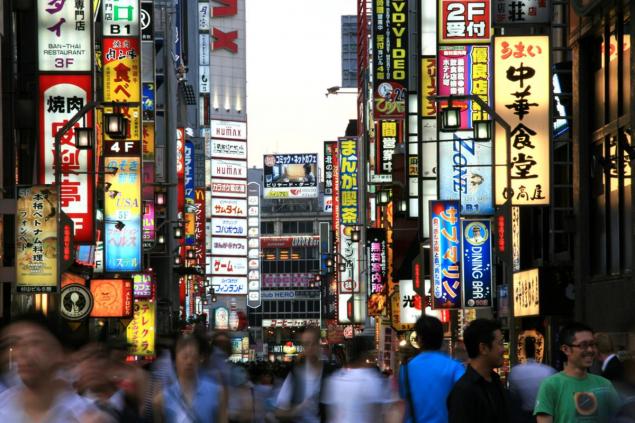
Land of the Rising Sun Facts Patriarchal Society
Japan is a land of contrasts. Along with advanced technologies, remnants of patriarchy have been preserved here. For example, if a couple enters a cafe or shop, the staff greets the man first and then the woman. And waiters take orders and bring food first to the man.
Japanese are so hardworking that they can work 24 hours a day without a break. According to statistics, about 10,000 people in Japan, because of the inability to rest, say goodbye to life too early.

If the Japanese fell asleep at work, it means that he worked hard and tired. Getting a quarter of an hour’s sleep after lunch is the norm for Japanese office workers. They call it inemuri, which translates to “presence and sleep.” The Japanese don't think it's a dream at work. They have a kind of meditation break in one bottle.
Unlike Americans, who tip 20% of the order amount, the Japanese not only do not take tips, but also consider them inappropriate. Tipping offends the owners of establishments and service personnel. They consider this a humiliation, because the owner of a cafe or restaurant is obliged to provide his employees with decent wages.
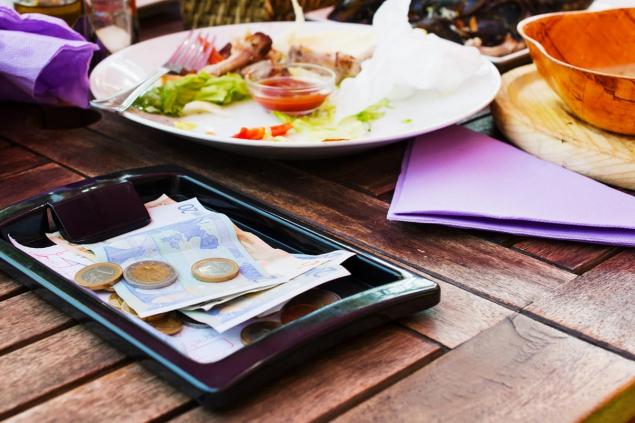
Japanese people are wary of people with tattoos. In public baths, on beaches and in swimming pools, people with tattoos are prohibited. Although the country of the Rising Sun is considered the most tolerant towards all peoples and nations, the Japanese are intolerant of tattooed people and compare them to the yakuza.
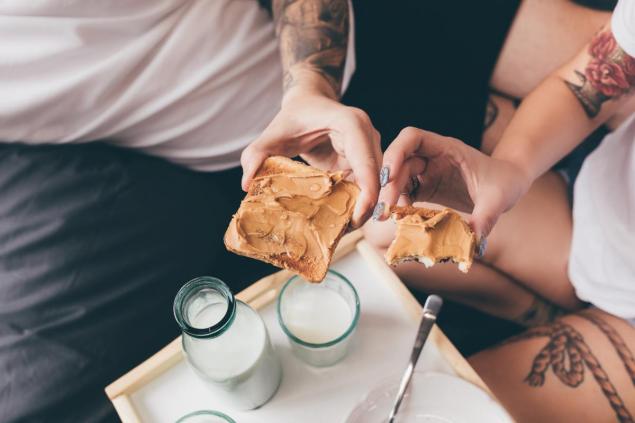
The most technologically advanced state of Japan is considered a progressive country. Here they use advanced technologies in their studies, use new gadgets at work and constantly appear new technology. But this does not apply to the whole country, but only to major cities and the capital. In some parts of the country, large corporations still use faxes and disks.
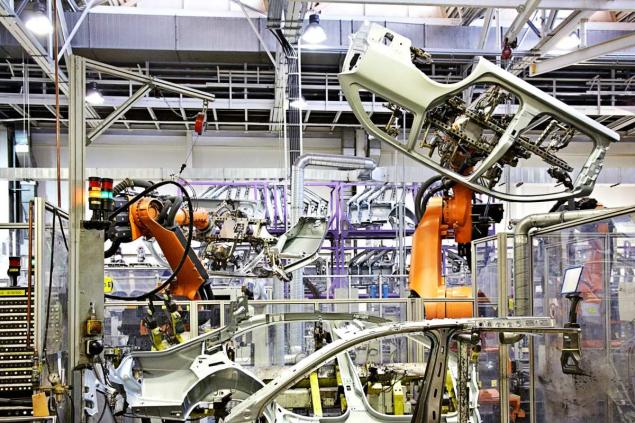
Yes, anime appeared in Japan, but not all Japanese are enthusiastic about anime. Especially older people are dismissive of both youth style and Europeans, who as adults find nothing better than watching Japanese cartoons.
It is believed that the Japanese do not tolerate lactose, so they do not drink milk of animal origin. The Japanese diet is really dominated by vegetable milk. In fact, almost all of humanity in adulthood does not digest lactose well. And lactose intolerance rates in Japan are much lower than in Thailand, Cambodia and Indonesia. By the way, all children are given milk by the Japanese to maintain calcium in the body.

Despite the fact that the Japanese are associated with sushi and bamboo sticks, they consume this delicacy very rarely. Sushi in Japan is considered a premium expensive food that not everyone can afford. And the daily diet of the Japanese includes miso-soup, rice, eggs, a lot of vegetables and some meat.
Surely everyone has seen photos from the Japanese subway, where people crowd at stations and barely squeezed into the subway car with the help of specially trained people. In fact, the Tokyo subway is not very crowded. Rush hour is the exception. But what country doesn't have rush hour commutes?
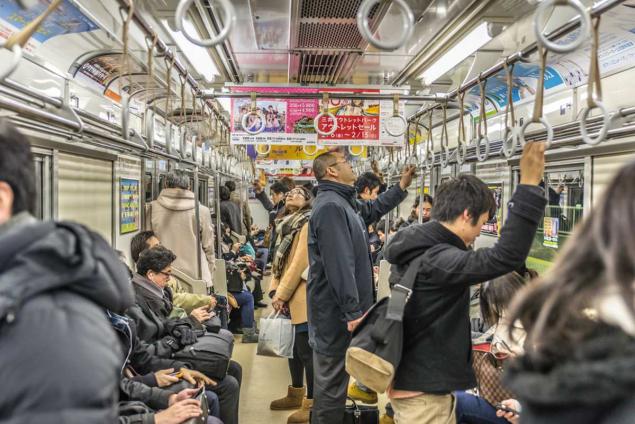
And in order to comfortably ride on public transport and not become a victim of scammers and perverts during rush hour, Japan has special cars for ladies. It is during traffic hours that only girls are allowed to ride here, and at other times men can also board the car.
Hardworking, progressive and at the same time devoted to centuries-old traditions and customs, the Japanese cannot but surprise tourists. They love people with non-standard appearance and admire crooked teeth. People respect each other, but there is still gender inequality in the country. These are not all facts about Japan, but only a small part of them. What do you know about the Japanese?

Land of the Rising Sun Facts Patriarchal Society
Japan is a land of contrasts. Along with advanced technologies, remnants of patriarchy have been preserved here. For example, if a couple enters a cafe or shop, the staff greets the man first and then the woman. And waiters take orders and bring food first to the man.
Japanese are so hardworking that they can work 24 hours a day without a break. According to statistics, about 10,000 people in Japan, because of the inability to rest, say goodbye to life too early.

If the Japanese fell asleep at work, it means that he worked hard and tired. Getting a quarter of an hour’s sleep after lunch is the norm for Japanese office workers. They call it inemuri, which translates to “presence and sleep.” The Japanese don't think it's a dream at work. They have a kind of meditation break in one bottle.
Unlike Americans, who tip 20% of the order amount, the Japanese not only do not take tips, but also consider them inappropriate. Tipping offends the owners of establishments and service personnel. They consider this a humiliation, because the owner of a cafe or restaurant is obliged to provide his employees with decent wages.

Japanese people are wary of people with tattoos. In public baths, on beaches and in swimming pools, people with tattoos are prohibited. Although the country of the Rising Sun is considered the most tolerant towards all peoples and nations, the Japanese are intolerant of tattooed people and compare them to the yakuza.

The most technologically advanced state of Japan is considered a progressive country. Here they use advanced technologies in their studies, use new gadgets at work and constantly appear new technology. But this does not apply to the whole country, but only to major cities and the capital. In some parts of the country, large corporations still use faxes and disks.

Yes, anime appeared in Japan, but not all Japanese are enthusiastic about anime. Especially older people are dismissive of both youth style and Europeans, who as adults find nothing better than watching Japanese cartoons.
It is believed that the Japanese do not tolerate lactose, so they do not drink milk of animal origin. The Japanese diet is really dominated by vegetable milk. In fact, almost all of humanity in adulthood does not digest lactose well. And lactose intolerance rates in Japan are much lower than in Thailand, Cambodia and Indonesia. By the way, all children are given milk by the Japanese to maintain calcium in the body.

Despite the fact that the Japanese are associated with sushi and bamboo sticks, they consume this delicacy very rarely. Sushi in Japan is considered a premium expensive food that not everyone can afford. And the daily diet of the Japanese includes miso-soup, rice, eggs, a lot of vegetables and some meat.
Surely everyone has seen photos from the Japanese subway, where people crowd at stations and barely squeezed into the subway car with the help of specially trained people. In fact, the Tokyo subway is not very crowded. Rush hour is the exception. But what country doesn't have rush hour commutes?

And in order to comfortably ride on public transport and not become a victim of scammers and perverts during rush hour, Japan has special cars for ladies. It is during traffic hours that only girls are allowed to ride here, and at other times men can also board the car.
Hardworking, progressive and at the same time devoted to centuries-old traditions and customs, the Japanese cannot but surprise tourists. They love people with non-standard appearance and admire crooked teeth. People respect each other, but there is still gender inequality in the country. These are not all facts about Japan, but only a small part of them. What do you know about the Japanese?
Husband's ragged mink hat no longer lies idle, made a beautiful thing out of it
Playground services Selector




